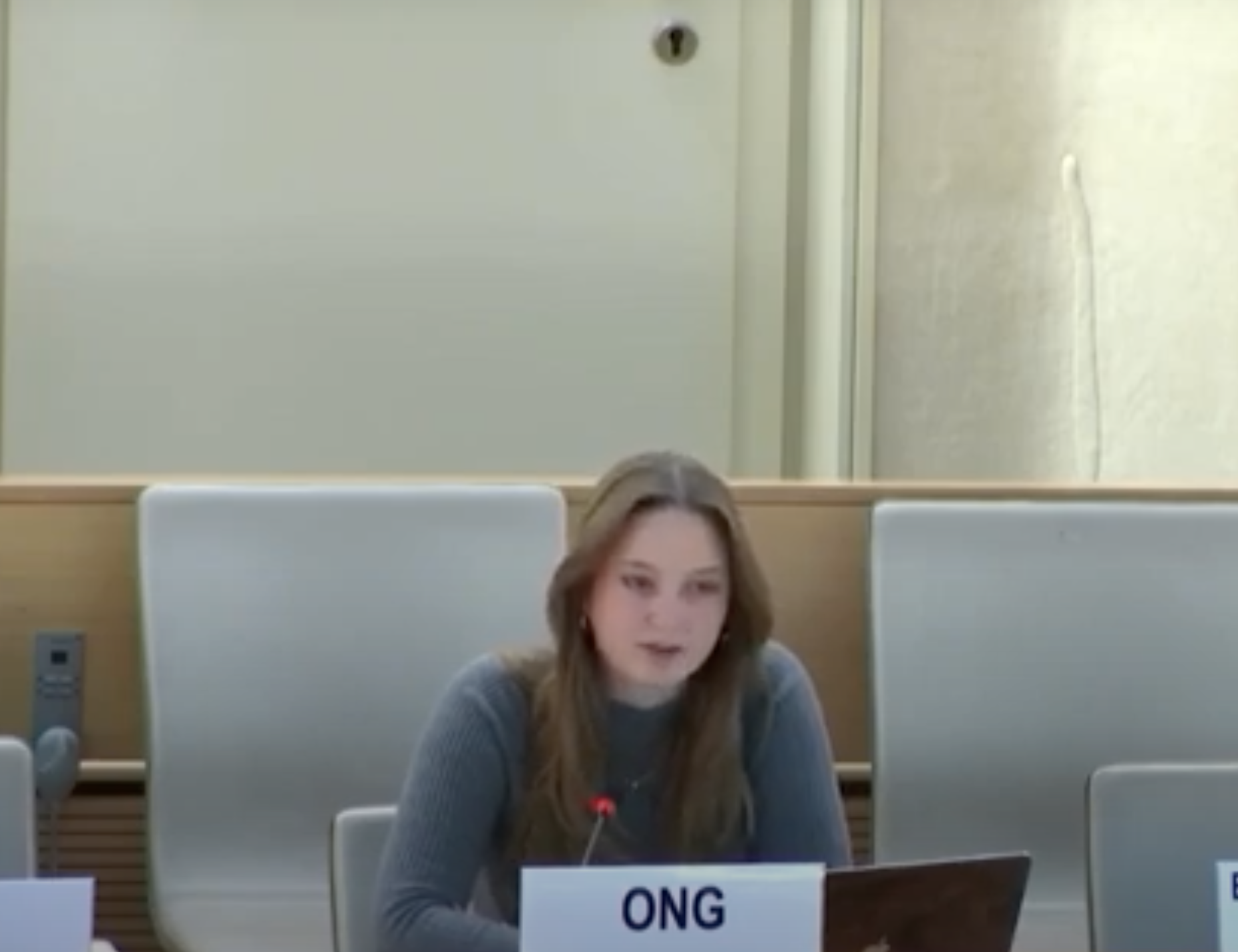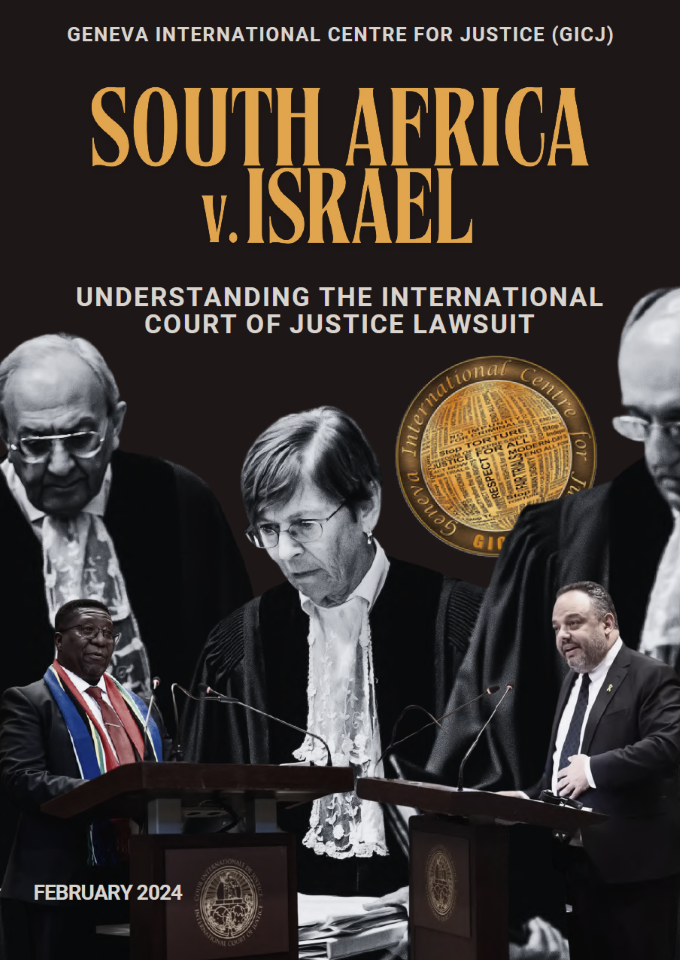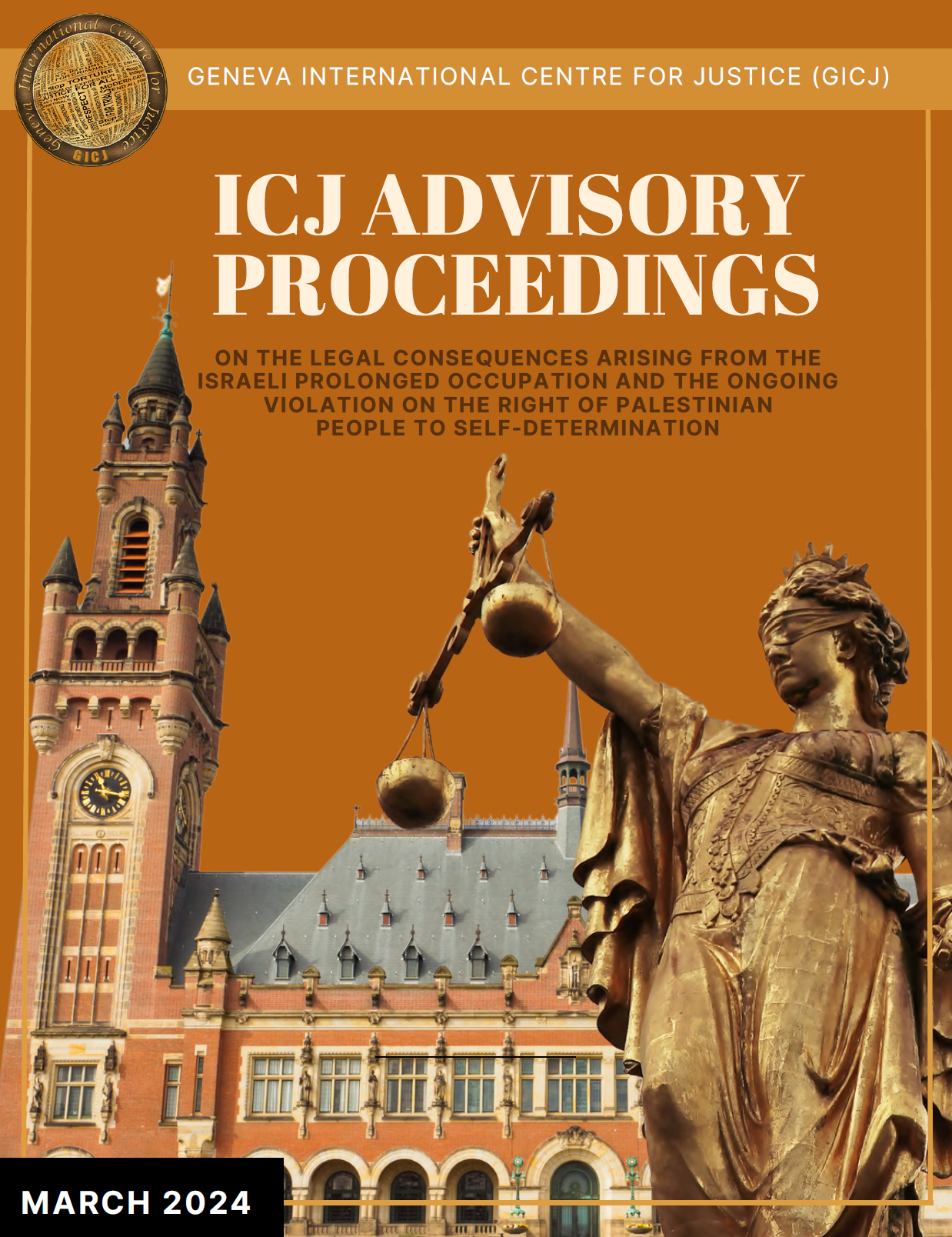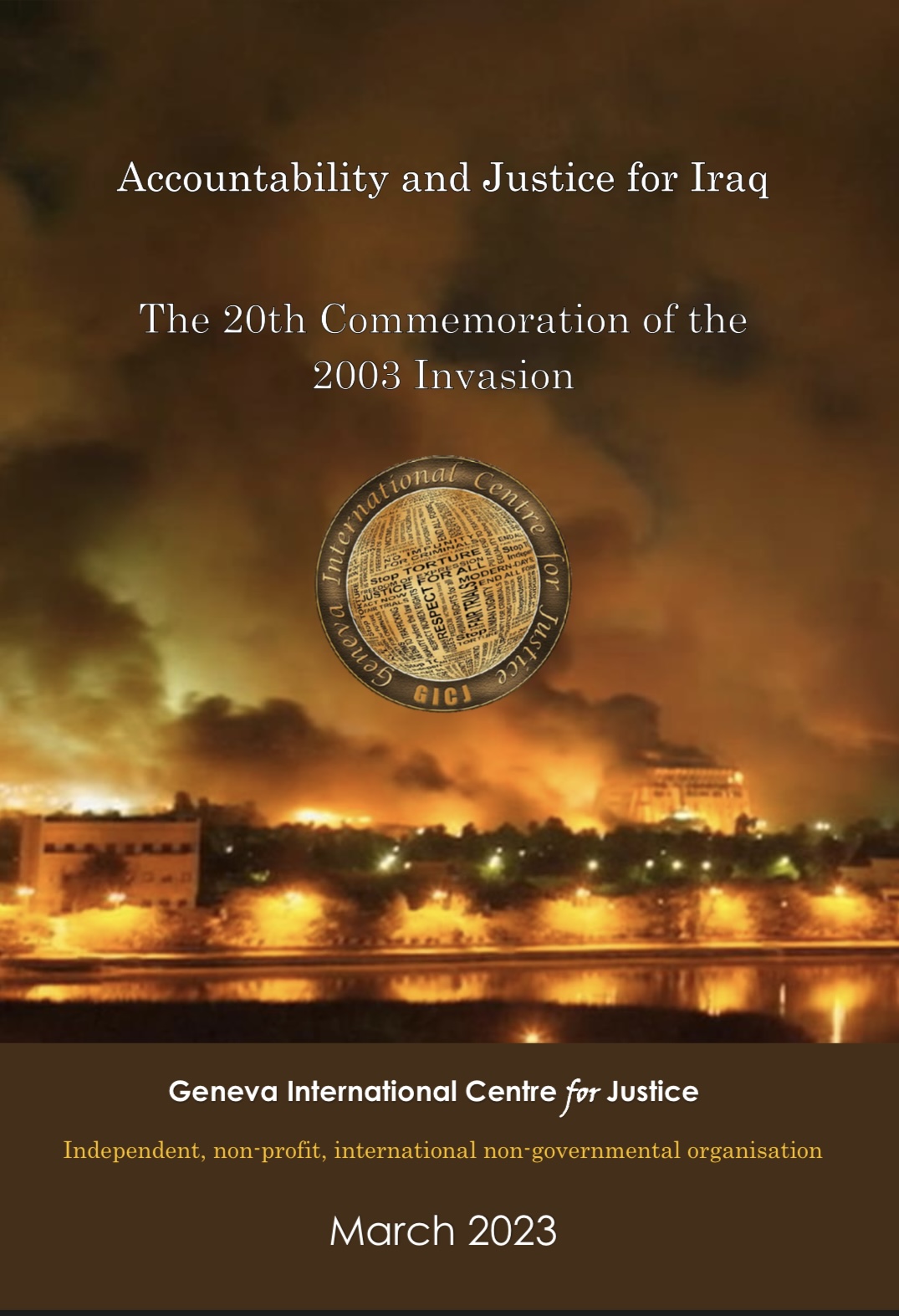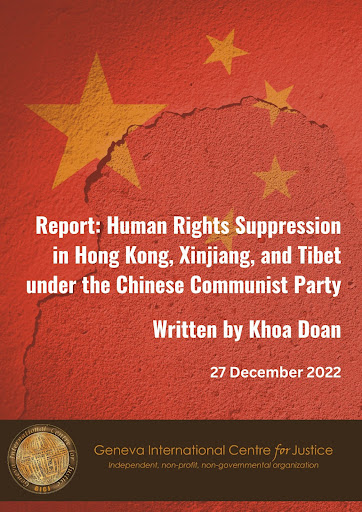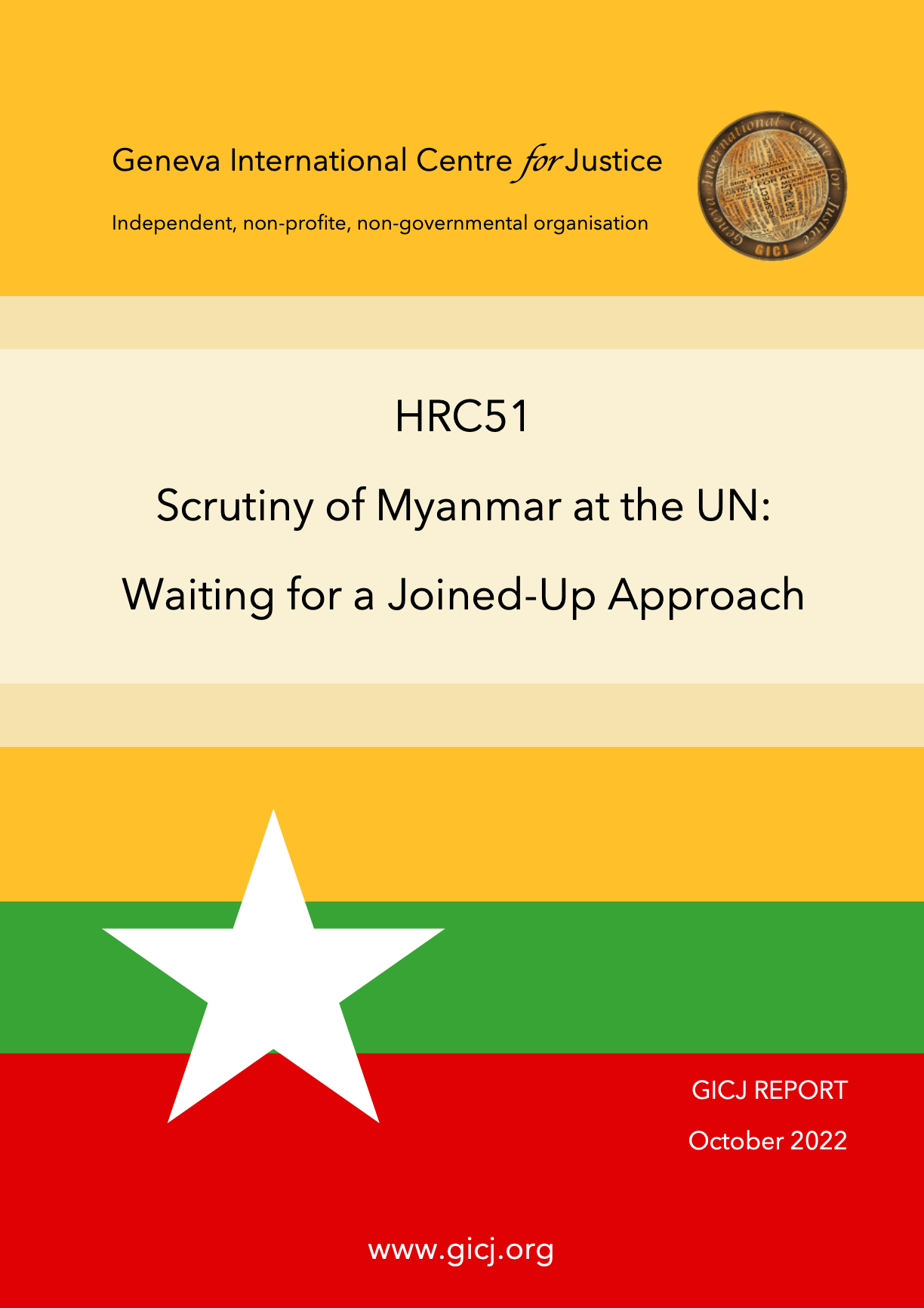“To deny people their human rights, is to challenge their very humanity”
- Nelson Mandela
On the 10th of December of every year, the entire world celebrates Human Rights Day.
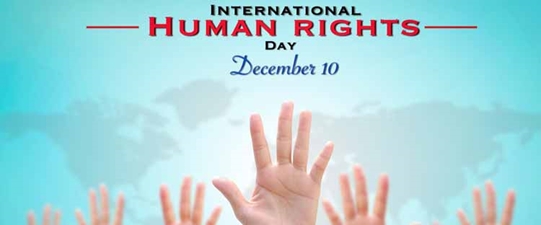
Human Rights Day was formally established during the 317th Plenary Meeting of the General Assembly, back in 1950; through Resolution No. 423(V), all member states and international organizations were invited to celebrate the day.
It is celebrated on the 10th of December, because this particular date commemorates the day the UN General Assembly adopted the Universal Declaration of Human Rights in 1948, the first human rights international instrument and one of the biggest achievements of the UN.
The UDHR was drafted by representatives coming from different legal and cultural backgrounds; it sets out a series of universal values, to empower people of all nations. When the General Assembly adopted the Declaration, it was proclaimed as being a “common standard of achievement for all peoples and nations”.
The Declaration is made up of a preamble and thirty articles, which cover various human rights such as freedom of expression, assembly, movement and religion. It establishes that all men and women are equal, and that we are all entitled to a broad range of fundamental human rights. Article 1 clearly captures the philosophy behind the Declaration:
“All human beings are born free and equal in dignity and rights. They are endowed with reason and conscience and should act towards one another in a spirit of brotherhood”.
Despite the Declaration not being a legally binding document, it has inspired many other human rights instruments. The UN Office of the High Commissioner for Human Rights has agreed that the text of the declaration has set the basis for all the upcoming and successive work in the field of human rights.

In 2008, Human Rights Day was also characterized by the 60th of the UDHR; on this special occasion, the UN Secretary General launched a campaign with the theme “Dignity and Justice for all of us”.
This day is usually marked by political conferences and cultural events on human rights issues, to remark that basic human rights have to be granted to everyone, despite race, religion, sex and ethnicity. These events are held to raise awareness and instruct people on their human rights; vulnerable groups, such as women, minorities, youth, indigenous people and disabled people are encouraged to take part in celebrating this day, and also to take a more active part in political decision-making.
Furthermore, every five years, on the 10th of December, the UN Prize in the Field of Human Rights and Nobel Peace Prize are awarded. These Human Rights Prizes have been established to recognize “outstanding achievements in the field of human rights”.
Each year, Human Rights Day has a theme; some of them have focused on the importance of education, others on eradicating poverty, and torture.
This year, it is devoted to the launch of a campaign for the 50th anniversary of the two International Covenants on Human Rights; the two Covenants, together with the Universal Declaration of Human Rights, form the International Bill of Human Rights, which sets out civil, political, cultural, economic and social rights which are entitled to all.
In South Africa, Human Rights Day is celebrated on the 21st of March, instead of in December. This is because it was declared as a public holiday after the inauguration of former president Nelson Mandela. The date is a reminder of the Sharpeville massacre, which took place on this day in 1960, and during which 69 unarmed people were killed. Moreover, this day marks the celebration of South Africa’s Constitution, which protects individual rights by stating that everyone is entitled to human dignity.

Geneva International Centre for Justice (GICJ) participates in celebrating this day, calling on the international community to promote respect for all rights and freedoms, and to acknowledge the improvements that have been made within the international legal framework to protect human rights.
However, at the same time, GICJ expresses its concerns over the grave human rights violations which keep on taking place all over the world, especially in the MENA region. The outcome of the 36th Session of the Human Rights Council has shown how the human rights situation in many countries has actually deteriorated during the years.
The UN is failing in solving the aggravating situation in South Sudan. GICJ has delivered oral statements during the interactive dialogue of the HRC, to denounce the fact that the situation in South Sudan is critical, and that millions of people are still suffering from violence, famine and displacement. Furthermore, the armed conflict in the region is making it hard for humanitarian workers to have access and bring aid to the people. The UN has to work with South Sudan’s government to ensure an end to violence, and with other third countries to prevent further weapon sales to the parties to the armed conflict.
GICJ is also concerned over the ongoing human rights violations taking place in Palestine, where Israel deprives Palestinians of their most basic human rights, day after day. Israel’s consistent and blatant disregard of all its international obligations with regards to the inalienable rights, including the right to self-determination and fundamental human rights, of the Palestinian people continues to derail all peace efforts, intensifies human misery, and undermines the viability of a future Palestinian state. GICJ therefore recommends the HRC and other competent UN bodies to take all necessary measures to make Israel abide by its international obligations and cease its prolonged occupation as well as all other violations of Palestinians’ inalienable rights.
The human rights situation in Central African Republic has also been deteriorating. The country is desperately in need of financial assistance, and of training assistance to achieve justice and peace. GICJ has thus urged the UN bodies to take action to protect civilians and children from violations of their human rights, and to help refugees and displaced persons.
Yemen too is still suffering from a grave humanitarian crisis that is worsening day by day. Human rights conditions in the country are critical, and since the Houthi militia’s takeover of the capital, the plight of civilians has only deteriorated. Civil war is causing thousands of deaths and of displacements within the population, and children are being continuously recruited for war. Furthermore, the country is suffering from a public health crisis, with various epidemics, such as cholera, affecting the people. Simultaneously, the country is facing one of the current worst world’s famine and a high degree of food insecurity. These factors are causing a high number of civilian casualties that compound the already high number of deaths that result from the armed conflict. GICJ has stressed that the Yemeni Government appears to be unable or unwilling to put a stop to hostilities; the crimes against humanity that are committed in the country are remaining unpunished, and the criminal justice system is not conducting either investigations or trials. Furthermore, the different blockades and closures imposed by both parties of the conflict, concerning the main transportation systems, are leading to a real humanitarian catastrophe, in which the main victims are innocent people, such as children and women. In fact, these restrictions inhibit humanitarian organizations from reaching and delivering aid and basic necessities to countless civilians in urgent need.
GICJ has also expressed its concerns over the cases of ongoing human rights violations and abuses in Syria. The ongoing conflict in the Syrian Arabic Republic continues to bring suffering to civilians. This war has caused the displacement of thousands of people and large-scale destruction. Furthermore, since the beginning of this conflict, civilians have been experiencing atrocious humanitarian law and human rights violations. There is a deliberate denial of humanitarian aid to people in need, and the parties to the conflict are committing horrific war crimes and crimes against humanity. The international community has failed time and time again to put an end to this conflict, which has been characterized by grave and repeated violations of human rights.
Finally, the plight of the Rohingya in Myanmar is also being ignored by the international community. Grave violations of international law and human rights occur on a daily basis; yet the UN has hitherto failed to take effective actions to stop these atrocities. GICJ has argued that the abuses committed against the Rohingya minority amount to the international crime of genocide, according to the definition given by the Statute of the ICC and the Genocide Convention. Both national and international responses to this crisis have been inadequate, despite the wide media coverage this issue has been receiving.
Iraq’s situation has also been worsening throughout the years. GICJ has brought its concerns before the Human Rights Council, stating that the ongoing armed conflict in Iraq has been taking its toll on the civilian population, with thousands of people being killed. Terrorist armed groups are still present on the territory, and ISIS is committing repeated violations of human rights and international law, especially in Mosul, where the battle for liberation has had dramatic consequences. Vital infrastructure has been destroyed all over the country, and communication and water systems are gravely damaged. The health and education systems have been debilitated, and people are denied access to basic services.
The civilian population is being constantly targeted, and war crimes and crimes against humanity are committed every day. Famine and malnutrition severely affect the population. Access of humanitarian aid is extremely restricted.
GICJ calls on the UN to establish an international court to carry out independent investigations or to create and international body consisting of internationally recognized independent judges, which can guarantee fair trials and put an end to impunity. Only if violations committed by all parties are impartially assessed and the grievances of all groups affected by crimes are addressed, can restorative justice be achieved and peace and security fostered. Moreover, GICJ asks the UN and the international community to work together to reconstruct and rebuild destroyed cities, to put an end to the suffering of the civilian population, and to give displaced persons the possibility to go back to their homes.
Seeking to address issues of justice and accountability wherever they occur, GICJ also engages in UN meetings on crucial topics such as combating racism, racial discrimination an xenophobia; the rights of minorities; the prohibition of torture and other cruel and degrading treatment; and the elimination of discrimination against women; among many others. Recently, GICJ actively participated in the Regional Meeting for Europe, Central Asia and North America on the International Decade for People of African Descent, where it called upon UN Member States to make responsible and full use of their national legal systems to achieve the most fundamental principles of equality and non-discrimination, and enhance cooperation among each other towards this inalienable goal.
During the 27th Special Session of the Human Rights Council on the human rights situation of the minority Rohingya Muslim population and other minorities in the Rakhine State of Myanmar, GICJ urged the Myanmar government to ensure full access of humanitarian agencies and human rights monitors, including the UN fact-finding mission, which should urgently investigate all crimes committed or refer the case to an independent tribunal such as the ICC to hold all perpetrators to account. As the Myanmar government has hitherto failed to adequately address the committed atrocities, GICJ called upon Member States to assume their responsibility under international law to counteract and prevent the international crime of genocide.
What all these catastrophic realities reveal to us is that, even if there has been a progress in terms of the international legal framework to protect human rights, numerous states have not witnessed a substantial improvement of their human rights situations. On the contrary, the number of people suffering and experiencing human rights violations is growing day by day. This is why today GICJ calls on the international community to prioritize human rights above all military, economic, and political interests, to incorporate them in law, policy, and practice, and to take the necessary measures to secure and ensure human rights for all, without discrimination on any grounds. Only in this manner can our common humanity survive.
In pursuit of its mission to improve lives by tackling violations and all forms of violence and degrading or inhumane treatment, GICJ tirelessly works towards strengthening the respect for human rights; reinforcing the independence of lawyers and judiciaries; consolidating the principles of equity and non-discrimination; ensuring rule of law is upheld; promoting a culture of awareness on human rights; and combating impunity of perpetrators of crimes.
Building on its partnership with various NGOs, lawyers and a vast civil society network around the world, GICJ is able to receive documentation and evidences of human rights violations and abuses as they occur in several countries.
GICJ continues to bring this information to the attention of relevant UN bodies and Special Procedures in order to gain justice for all victims. In particular, GICJ actively participates in UN meetings, including Human Rights Council (HRC) and Universal Periodic Review (UPR) sessions. Our participation includes important activities such as submitting written statements, delivering oral statements and organizing side events. We also extensively engage with UN Special Procedures through meetings with relevant mandate holders and submissions of letters and urgent appeals to inform them of cases of human rights violations.
International Days of Remembrance articles by GICJ:
|
|
|
|
|
|
|
|||||
|
|
|
|
|
Prevent Exploitation of the Environment in War and Armed Conflict |






